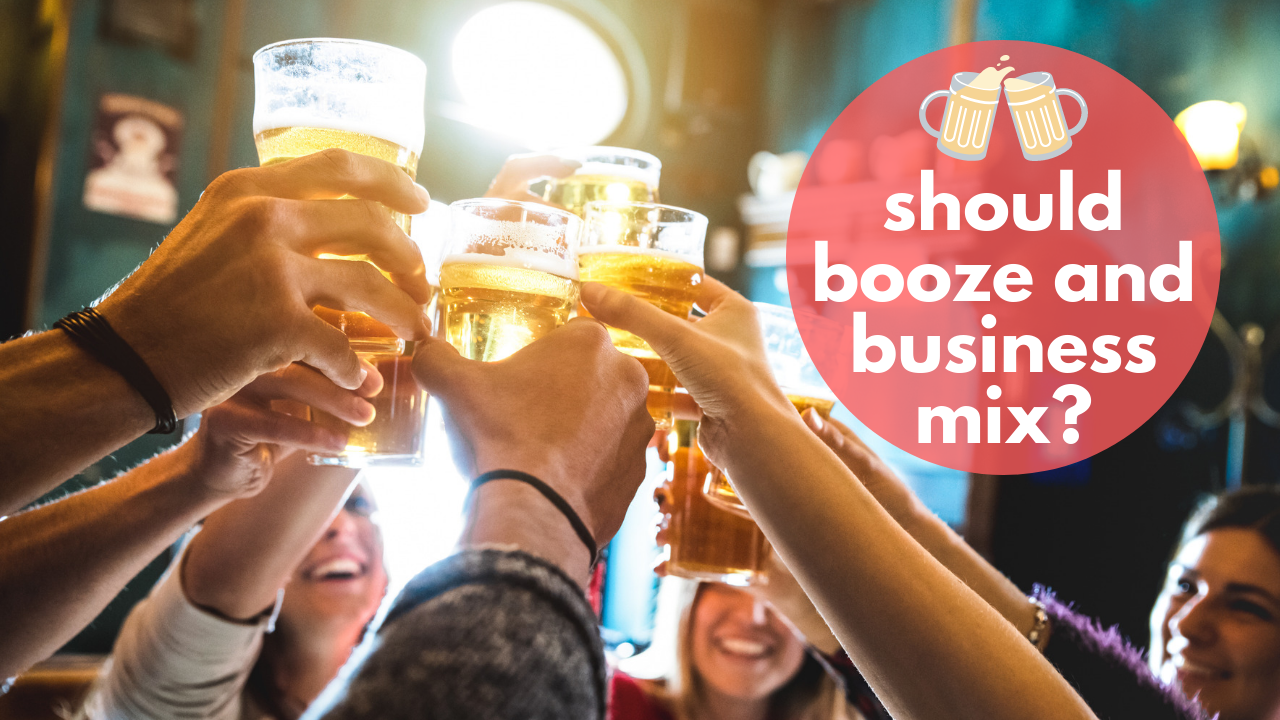- In a shocking lawsuit, two WeWork employees have been accused of sexual harassment and assault
- The case blames the company’s “frat-boy culture” and illustrates the problems of mixing alcohol and business
- Melissa Saubers, founder of Cowork Waldo and President of the Kansas Coworking Alliance, offers advice on how to cultivate a more inclusive and sensitive community
Last week WeWork made the news over a lawsuit filed by a former female employee, Ruby Anaya, who claims she was sexually harassed and assaulted during two of the company’s events. According to the suit filed Anaya started working at WeWork in 2014 as director of product management and was later promoted to Director of Culture in 2017.
NBC New York reported that the lawsuit states:
“The sexual harassment and assaults of [Anaya] did not happen in a vacuum. They are product in part of the entitled, frat-boy culture that permeates WeWork from the top down.”
Allwork.Space believes this a good opportunity to discuss how flexible workspace operators, and businesses across sectors in general, can cultivate a more inclusive and sensitive community about alcohol in their spaces and events to prevent and thwart the type of behavior described in the lawsuit.
Related reading
Alcohol plays a big role in business. Writing for the New York Times back in 2012, Douglas Quenqua said “plenty of American business rituals continue to revolve around alcohol. Whether it’s courting a client, sketching out a deal or simply proving you’re a team player, quaffing a round of beers is arguably more vital to many jobs than nailing a round of golf.”
That was six years ago. Today, alcohol continues to be central to doing business across industries and professions, and non-drinkers are often viewed as outsiders or deviants.
The problem of mixing business and alcohol
“Alcohol is a major theme in tech culture, whether it’s bonding with peers near the office keg, letting off steam with afterwork drinks, or meeting industry giants over some conference beers,” Kara Sowles wrote in the introduction to her Alcohol and Inclusivity in Tech guide.
Excessive consumption of alcohol, in a business or personal environment, can easily get out of hand, especially in crowded events–like the one Anaya describes in her lawsuit. When you mix certain types of cultures and behaviors with booze, it’s almost inevitable that trouble will follow.
“In my experience, many HR managers are very reluctant to place their teams in an environment where casual drinking in the office is common, especially if the company is involved in any work that requires security of information. So, to me, the best company policies are those that keep alcohol out of the workplace and don’t try to build a party-hardy culture in the office,” said Frank Cottle from the Alliance Business Centers Network.
Businesses tend to use alcohol as a central point in their marketing efforts to attract customers and clients. Alcohol is, more often than not, the selling point of events; even though it shouldn’t be.
Speaking to Allwork.Space, Melissa Saubers, founder of Cowork Waldo and President of the Kansas Coworking Alliance, said that when marketing an event the “focus should be on the community, the speakers, or the benefits of attending the event. Alcohol can be a part of the event, but it shouldn’t be the whole thing.”
“When people attend these events, they do so to meet people and network; it’s work. They’re not there just to drink.”
Moreover, alcohol in the business environment is also an issue that generates stress, especially because individuals that don’t drink often feel pressured to attend these events for fear of harming their business relationships.
Creating a more inclusive and sensitive environment
“It’s important to realize that not everyone drinks alcohol, for a variety of reasons, and we should be thoughtful in planning our events to be more inclusive of those that don’t drink. It’s as simple as having a yummy, thoughtful drink alternative rather than just water or pop (soda).
“There are tons of great NA drink options now, fun fizzy waters, juices, kombucha, mocktails, etc. Many times as a non-drinker I go to events and my only choice is water, or even worse, there isn’t an NA choice. I think it’s important to realize that alcohol doesn’t actually build community, people do,” Melissa added.
Here are some tips to help flexible workspace operators and businesses across sectors in creating a more sensitive and inclusive community around alcohol.
- Networking events don’t need to be called happy hours; consider alternative names like meet & greet or simply networking.
- You don’t need to offer alcohol for every event or activity you host. You can organize lunches, workshops, and even yoga classes without having to offer alcoholic drinks.
- Not all people drink, so offer non alcoholic beverages. A good rule of thumb to follow is a one to one ratio; for every type of alcoholic beverage, offer a non-alcoholic option.
- Don’t offer unlimited alcohol. Put a limit upfront and consider serving lower alcohol percentage beverages, like beer and wine. Keep in mind that the purpose of your event is to build community and network, not to get people drunk.
- Set some community and event guidelines in your work culture and be mindful of not creating an environment that encourages binge drinking.


 Dr. Gleb Tsipursky – The Office Whisperer
Dr. Gleb Tsipursky – The Office Whisperer Nirit Cohen – WorkFutures
Nirit Cohen – WorkFutures Angela Howard – Culture Expert
Angela Howard – Culture Expert Drew Jones – Design & Innovation
Drew Jones – Design & Innovation Jonathan Price – CRE & Flex Expert
Jonathan Price – CRE & Flex Expert












